There are many false claims about how to improve your immune system and sifting through the evidence can be bewildering.
A lot of things have fallen by the wayside since we found ourselves in the present global predicament. However, they don’t include humanity’s urge to talk complete cobblers about important issues, not least health.
You can be quite sure that people who claim 5G and the trails of jet aircraft are part of a conspiracy to control us have not given up. If anything, unlike healthcare professionals, they have more time on their hands now for distributing this kind of ordure on social media.
And of course, there’s plenty of nonsense being talked about Covid-19, like the breath-holding ‘test’ and the bizarre claim that the virus can be killed by drinking tea. If that were true, I’d have superhuman immunity.
A lot of us, however, have a genuine interest in giving our immune systems a hand or, at the least, trying not to give it a hard time. It makes sense, especially if you’re stressed and not getting enough sleep these days.
But separating the wheat from the chaff is bewildering. Some of the advice makes sense, and I’m indebted to Harvard’s health faculty for these: “Don’t smoke, eat plenty of fresh vegetables and fruit, don’t get fat, moderate your alcohol consumption, take exercise daily.” Grand. I think we all accept this.
It’s when you get into specifics that things can go awry. There’s something called the Physicians (sic) Committee For Responsible Medicine. The missing apostrophe is annoying, but not nearly as much as this organisation’s fanatical proselytising for veganism. It is given to making wild claims, such as that a “plant-based diet” reduces risk of death from heart disease by 40 per cent and “opens blocked arteries in 91 per cent of patients”.
According to their website, and specifically in the context of Covid-19, they claim that “studies have shown that limiting dietary fat helps strengthen immune defences”, which will come as a considerable surprise to anyone who takes an interest in this area.
But, wait! There’s a footnote. It refers to a study of blueberry ingestion, blackberry nectar and muscle damage, watermelon juice in athletics, and red meat consumption biomarkers for inflammation in women.
“Eating a low-fat, plant-based diet may help give the immune system a boost,” they claim. Note the word “may”. Standing on one leg for five minutes twice a day may help you live longer, but there’s no evidence that it does. Equally, there is no evidence that eating a low-fat diet has any direct effect on the immune system.
Nutrients and the immune system
Having read this far, in an effort to avoid banging my head on the desk, I turn to an abstract from ‘Nutrition and the immune system: An introduction’ by RK Chandra (Am J Clin Nutr,1997 Aug;66(2):460S-463S).
Here, I learn that deficiency in single nutrients results in altered immune responses and that the micronutrients “zinc; selenium; iron; copper; vitamins A, C, E, and B-6; and folic acid have important influences on immune responses”.
So, let’s see how you get these into the diet.
Well, zinc is pretty easy if you eat dairy products or, as I prefer to call them, cheese and butter. Oysters are another good source. Selenium deficiency is very rare in omnivores, as it’s plentiful in meat; it’s something that vegans and vegetarians have to keep an eye on, although Brazil nuts are an excellent source.
As someone with haemochromatosis, I don’t have to worry about having enough iron. If you don’t, meat and red wine will see you right. If you’re worried that you need an iron boost, eat breakfast cereals (they are fortified with the stuff) and drink prune juice, if you can bear it.
There are lots of sources of copper, from cabbage and kale to lobster and dark chocolate. As someone who shies away from offal, I don’t eat the richest source of vitamin A: Liver. Cod liver oil is right up there too, but while cheese contains only a modest amount, I eat more than a modest amount of the stuff.
Vitamin C, as we all know, is plentiful in citrus fruit but the richest source (other than raw guava, which is off the scale), is red peppers, followed by tomato juice and orange juice. Kiwis are snapping at their heels.
Green leafy vegetables score once again for their vitamin E content, but nuts, avocados and butternut squash come fairly close. B6 is big in meat and in root vegetables, including potatoes. Folic acid sees green leafy vegetables take centre stage again, with beans and citrus fruits as a supporting act.
All-in-all, it’s quite easy to eat a diet that supports the immune system, or so it would appear. Doubtless there are people who claim that ‘the Mediterranean diet’ will do this best, despite it never having been satisfactorily defined. At least not in any way that the people of the Med would recognise.
Obviously, avoiding highly-processed foods and sugar, while minimising refined carbs, is good in general. It seems like common sense in this context. But, of course, it’s not really all that common.
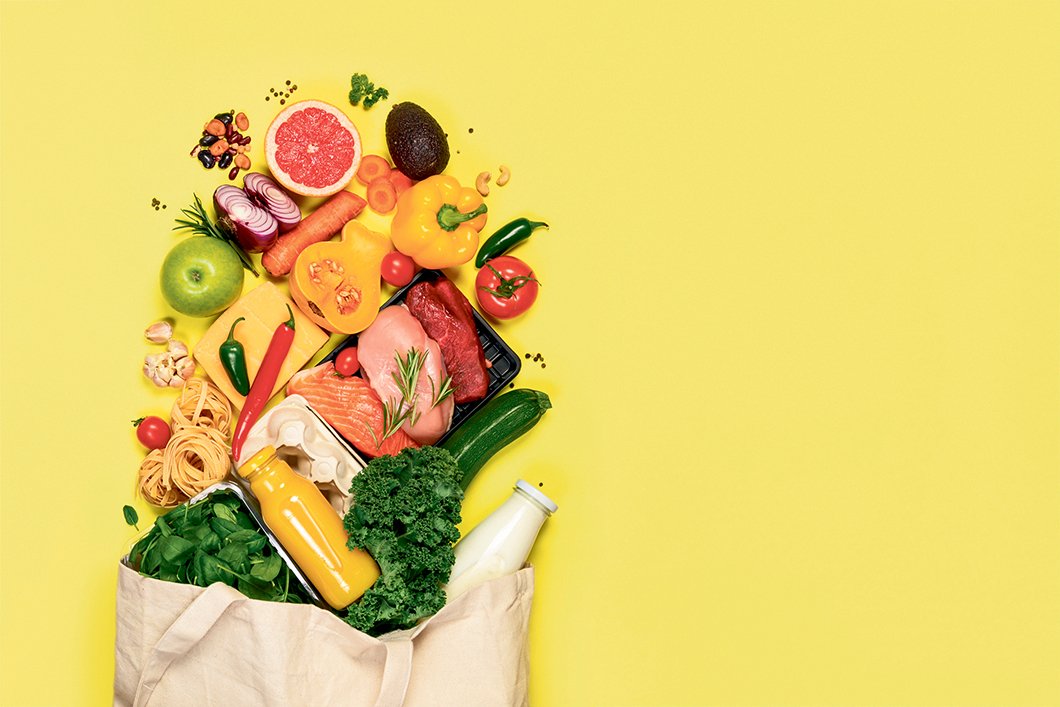
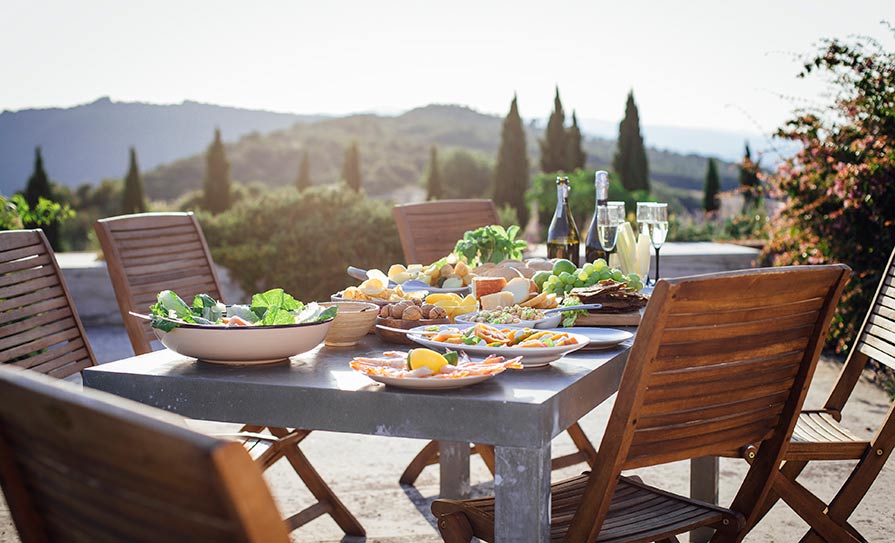
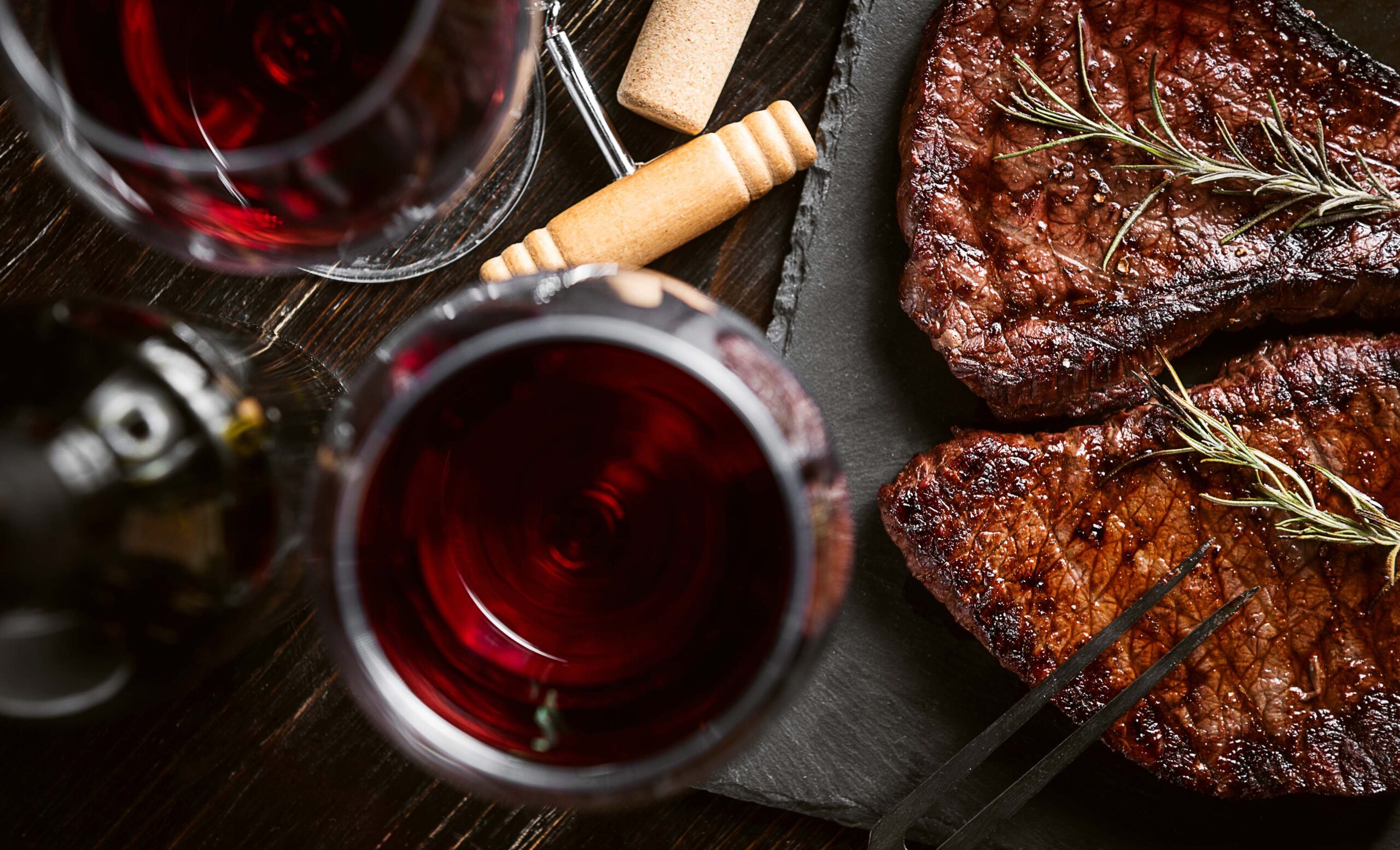
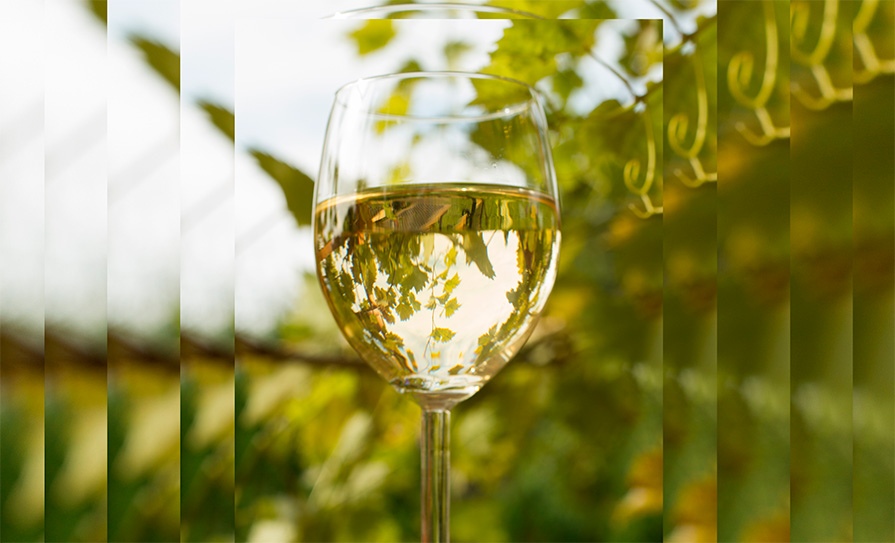
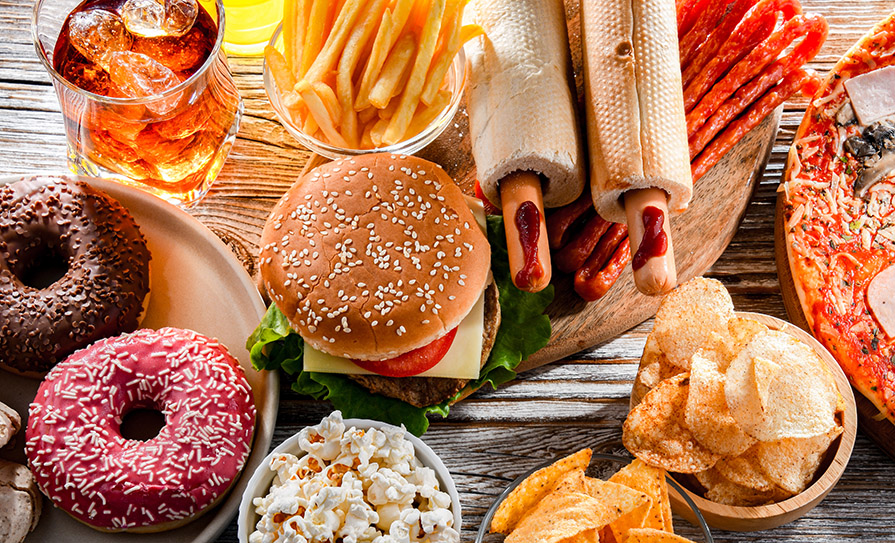


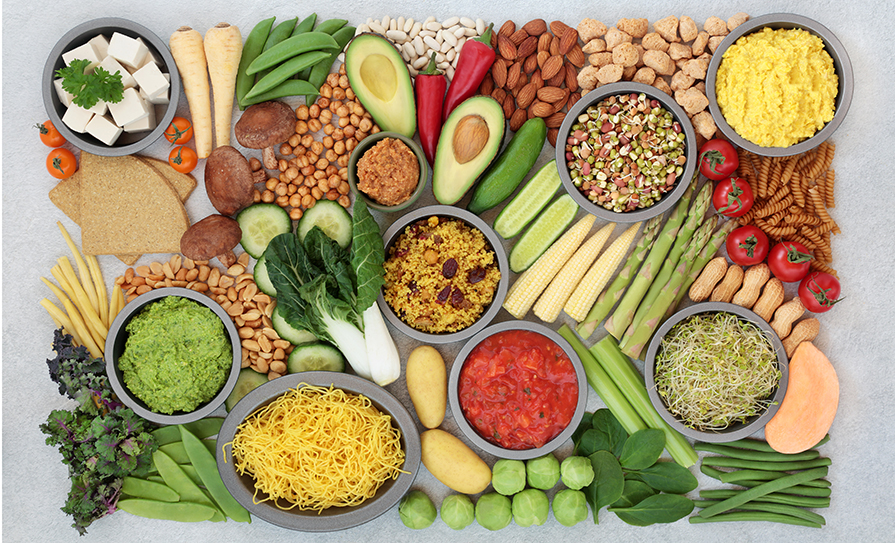
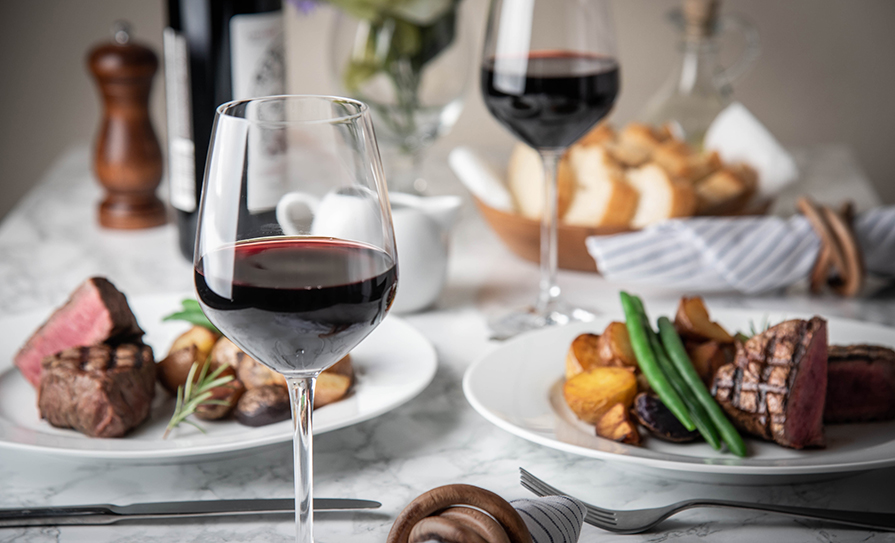




Leave a Reply
You must be logged in to post a comment.